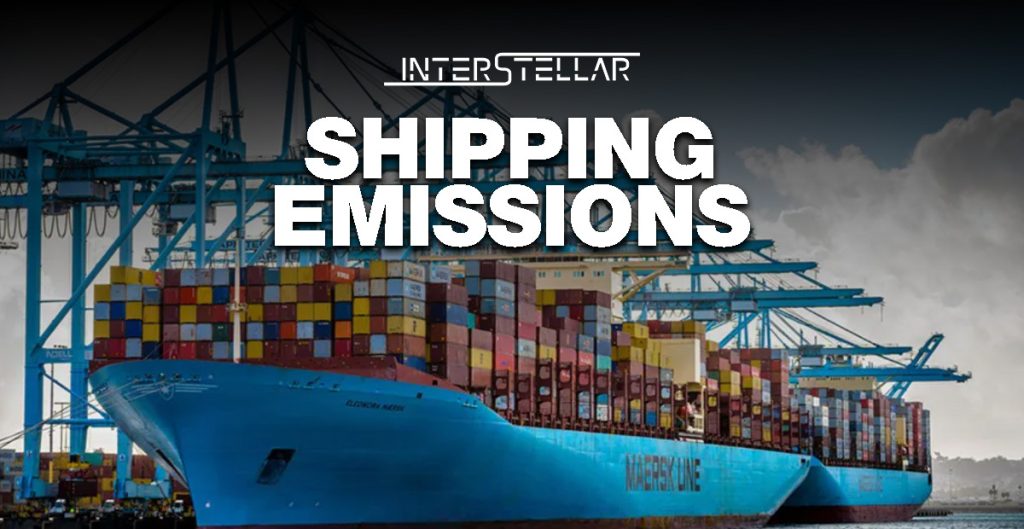Impact on Emissions and Supply Chains
A recent surge in attacks on ships travelling through the Red Sea is causing significant disruptions for shipping companies. This situation forces many vessels to take longer alternative routes, significantly increasing carbon dioxide emissions. Companies already grappling with reducing their climate-warming emissions now face additional challenges due to these detours.
The necessity to reroute vessels around the Cape of Good Hope, instead of passing through the Suez Canal, adds considerable distance to each journey. This increase in distance directly leads to higher emissions. For example, a container ship travelling from Shanghai to Hamburg now emits 38% more CO2, or an extra 4.32 million kilograms, when avoiding the Suez Canal.
Corporate Sustainability Concerns
Businesses are struggling to meet their climate pledges amidst these disruptions. Archana Jagannathan, sustainability lead for PepsiCo in Europe, highlighted the compounded difficulties faced by companies due to various global crises over the past decade, including the war in Ukraine, COVID-19, and Brexit. These disruptions have necessitated significant changes in supply chains and have increased the carbon footprint of shipping activities.
An analysis by Reuters of 30 major companies’ sustainability reports revealed a rise in third-party carbon emissions, mainly due to supply chain interruptions. The rerouting of ships around Africa has been a significant factor, leading to longer journey times and higher emissions.
Specific Company Responses
Several large consumer companies, including Maersk and Arla Foods, have reported increased shipping costs and emissions. Maersk anticipates ongoing delays and backlogs into the second half of the year, while Arla Foods has noted a direct correlation between increased shipping costs and emissions due to the Red Sea conflict.
The situation has also prompted some companies to consider localising their supply chains to mitigate risks and reduce emissions. Kraft Heinz, for instance, is sourcing more materials locally to lower its transportation emissions.
Economic and Environmental Implications
The increased emissions from longer shipping routes are not just a climate concern but also an economic one. Higher shipping costs and potential shipping taxes could impact companies’ bottom lines. Chris Rogers from S&P Global noted that the cost of European Union shipping emissions permits has risen by a third due to the extended voyages.
Furthermore, the environmental damage from shipping emissions includes not only CO2 but also sulfates and black soot, which contribute to air pollution and are visible from space as “ship tracks.”
Investor and Regulatory Pressure
Investors are increasingly scrutinising companies’ environmental performance. Missing emissions targets due to logistical challenges could lead to investor dissatisfaction and potential divestments. However, companies like Unique Logistics report that their clients are more concerned with cutting costs than with environmental impacts.





